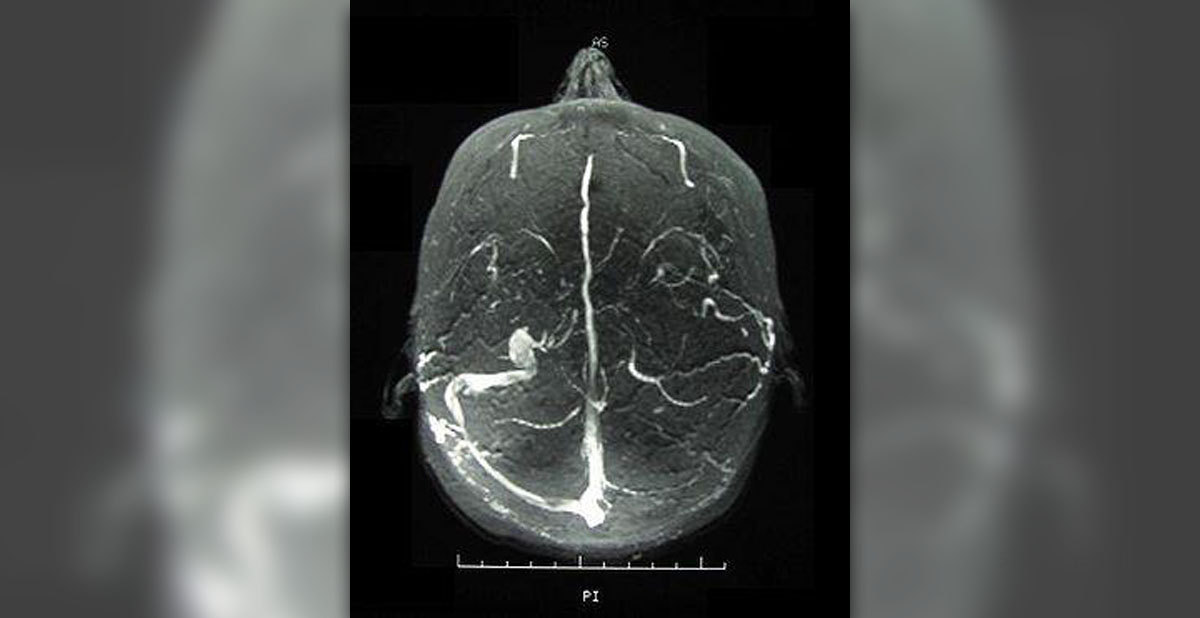
Most commonly, behavioral disorders affect people during their childhood or adolescence. Even though behavioral changes may be normal for children, showing excessive aggressive behavior, being defiant, disrupted and depressed, all are characteristics which can lead to bipolar disorders in adults. These manifestations can affect a child's life negatively, leading to conflicts, poor performance at school and difficulties in getting into and maintaining relationships.
Behavioral Disorders and Human Beings
Children with behavioral disorders may lie, cheat, get into criminal activities, smoke, be prone to alcohol or drug abuse or engage into early sexual activity. Dropping out of school or skipping classes are both a common scenario with these young individuals. Suicidal tendencies are common as well.
Some of the main risk factors related with suffering from behavioral disorders are family history of mental illness, exposure to tobacco or drugs during fetal stages of life, physical and mental abuse, lack of parental control or excessive parental control. Behavioral disorders may be multiple in a single child. So, a depressed individual may also suffer from ADHD and other scenarios of this type may take place.
Treatment for Behavioral Disorders
Early diagnosis and treatment are crucial for prevention and cessation of these behavioral disorders. Both the affected child and the parents are involved in the treatment, along with a health care professional. Sometimes, the patient is involved in group treatment too.
Usually, children with behavioral disorders may show the above mentioned symptoms. However, if their condition is severe, the symptoms may become more serious as well. In cases of alcohol abuse, which commonly leads to alcohol poisoning, slow breathing, breathing cessation, slow heart rate, frequent and persistent vomiting, cold and clammy skin, skin discoloration, seizures, confusion and loss of consciousness may affect the child. Also, generally, threatening, suicidal or violent behavior may be reasons for concern.
If drug overdose takes place, rapid or slow pulse and breathing, chest pain or pressure, abdominal pain and vomiting, diarrhea, hot skin and symptoms similar to alcohol overdose may occur.
Finally, bone injuries, deformities, eye injuries and similar occurrences may signify a behavioral disorder affecting your child.
You yourself can make a difference, when it comes to your child's behavior, by allowing him/her the power to make decisions but limiting the range of these actions. Rationalizing and ignoring inadequate behavior should be strictly avoided, but you should not be excessively strict either. Rather, both you are your child should follow a strict set of rules and any violations of the rules should result in punishment while proper conduct should be rewarded.
All in all, get involved in your child's life and interests, communicating, reducing stress and being supportive.






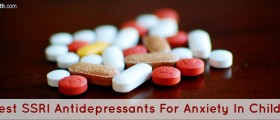
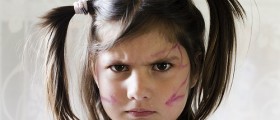



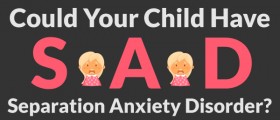

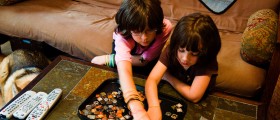

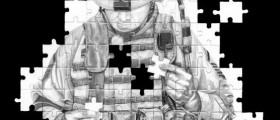

Your thoughts on this
Loading...